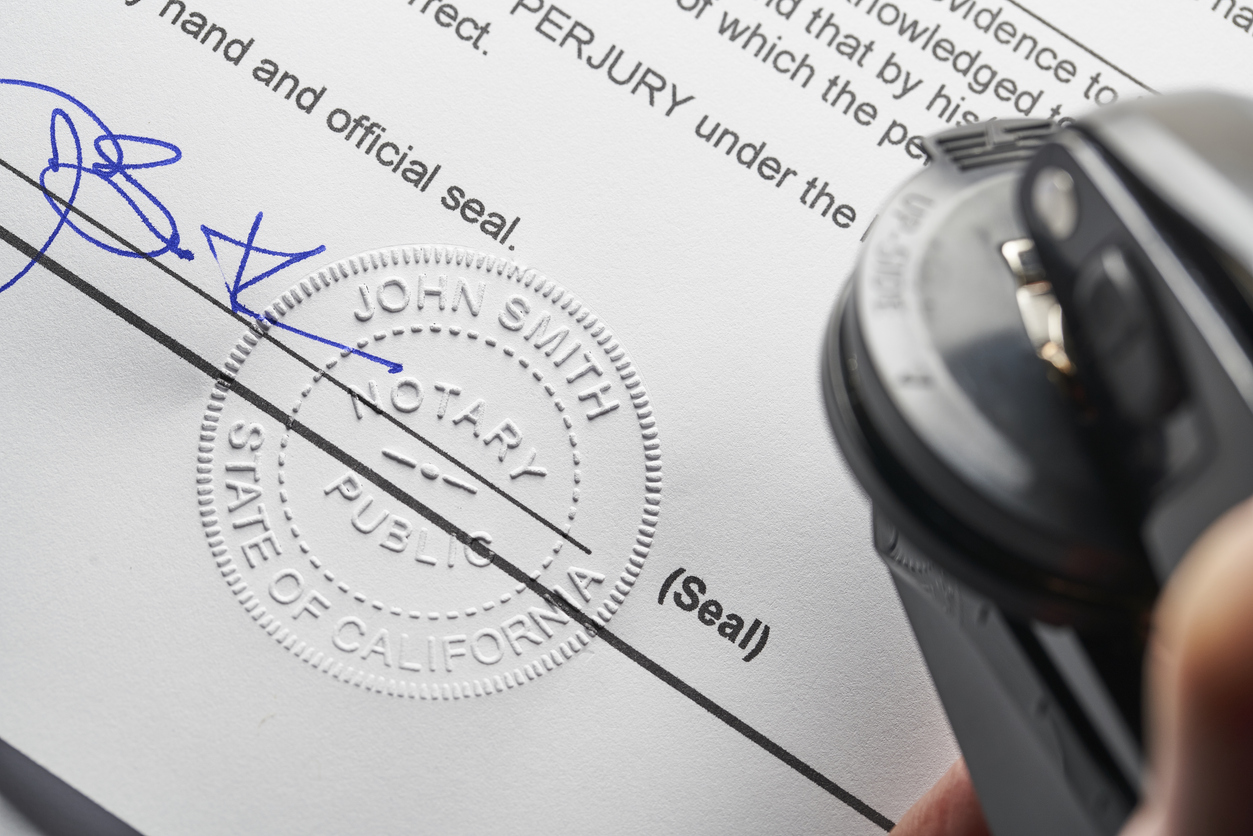Section 13-214.4 of the Illinois Code of Civil Procedure provides that “[a]ll causes of action brought by any person or entity under any statute or any legal or equitable theory against an insurance producer1 . . . concerning the sale, placement, procurement, renewal, cancellation of, or failure to procure any policy of insurance shall be brought within 2 years of the date the cause of action accrues.”2 Section 2–2201(d) of the Illinois Code of Civil Procedure anticipates negligence actions against insurance producers: “[w]hile limiting the scope of liability of an insurance producer, . . . the provisions of this [s]ection do not limit or release an insurance producer . . . from liability for negligence concerning the sale, placement, procurement, renewal, binding, cancellation of, or failure to procure any policy of insurance.”3 Section 2–2201(a) of the Illinois Code of Civil Procedure places a duty on insurance producers, including brokers and agents, to act with ordinary care in procuring insurance for insureds.4
In American Family Mutual Insurance Company v. Krop,5 an Illinois appellate court recently addressed when a negligence claim against an insurance producer accrues to trigger the running of the two-year statute of limitation. There, the insureds sued their insurance producer after their homeowner insurer, American Family, refused to provide a defense to a lawsuit brought against their minor son. The insureds alleged that their producer negligently failed to procure coverage equivalent to that provided by their previous insurer, which arguably covered the claims asserted against their son. The producer subsequently moved to dismiss, alleging the insureds’ claims were filed after the two-year statute of limitation for actions against insurance producers and barred. The circuit court granted the motion, finding that the negligence claim was filed outside of the two-year statute of limitation.
On appeal, the insureds argued that their negligence claim was timely because the discovery rule tolled the statute of limitation. Specifically, they asserted the statute of limitation did not start to run until they were denied coverage. The producer argued the statute of limitation began to run when the insureds received the insurance policy over two years before they filed suit because they knew or should have known of the policy’s deficiencies at that time.
The appellate court agreed with the insureds. It reasoned that where an insured alleges tortious conduct by its producer, although the cause of action accrues at the time of the breach, the statute of limitation is subject to tolling by application of the discovery rule. Accordingly, commencement of the statute of limitation is delayed until the insured knows or reasonably should know of his or her injury and that it was wrongfully caused. In the case of an insured’s claim against an insurance producer for negligence in the procurement of coverage, the insured knows or reasonably should know of the injury at the moment coverage is denied. Because it was filed within two years of coverage being denied, the insureds’ negligence claim was timely. The Krop decision establishes a bright-line rule for when a negligence claim must be brought against an Illinois insurance producer: Two years from the date coverage is denied, not when the policy was procured.6
1 An insurance producer is defined in the Illinois Insurance Code as “a person required to be licensed under the laws of this State to sell, solicit, or negotiate insurance.” 215 ILCS 5/500–10.
2 735 ILCS 5/13-214.4.
3 735 ILCS 5/2–2201(d).
4 735 ILCS 5/2–2201(a). See also Skaperdas v. Country Cas. Ins. Co., 2013 IL App (4th) 120986.
5 American Family Mut. Ins. Co. v. Krop, 2017 IL App (1st) 161071.
6 The appellate court in Krop declined to follow Hoover v. Country Mut. Ins. Co., 2012 IL App (1st) 110939, a case in which an Illinois appellate court concluded that the two-year statute of limitation for actions against insurance producers accrues when the insured receives the policy. The Krop court reasoned that the weight of authority in Illinois remains that a negligence claim against an insurance producer accrues at the time coverage is denied.



